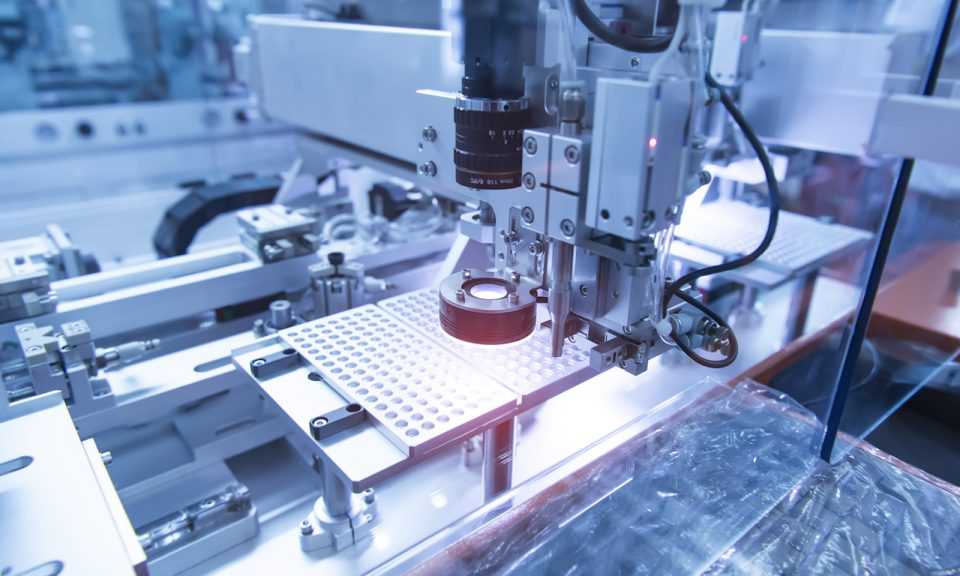China launches policies to boost economy and ease US tensions
26 December, 2018

Technology theft has been at the heart of the trade war between the United States and China. While Beijing has denied these allegations from the US and the European Union, Beijing has decided to reiterate its position by clarifying the issue.
In a move to ease rising tensions, the State Council has rolled out proposed new plans to clamp down on “forced transfer of technology” and boost foreign investment.
A draft of the legislation was announced during the Standing Committee of the National People’s Congress, which is China’s parliament, at the weekend.
“To further expand opening up [as well as] actively to promote foreign investment, and protect the legitimate rights and interests of foreign investment, the State Council [the de facto cabinet] has proposed [this] bill,” the Standing Committee confirmed in a statement on the NPC website.
As soon as the “bill” is rubber-stamped, it will curtail local governments from restricting market access for foreign firms and from forcing them to transfer technology.
This, in turn, will allow overseas investors to compete with Chinese companies on a level playing in an expanded range of sectors, which have yet to be revealed.
Officials from the US and EU have constantly complained about the lack of access and intellectual property violations.
“Analysts said the law is meant to promote and protect foreign investment and ensure foreign businesses enjoy fair treatment, which will boost their confidence in the Chinese market,” Xinhua, the official news agency of the Communist Party government, stated.
“While fully acknowledging the achievements, we must see that there are new and worrisome developments,” the official statement said. “The external environment is complicated and severe, and the economy faces downward pressure.”
These comments were released as Washington and Beijing try to thrash out a trade deal after a ceasefire was put in place between US President Donald Trump and China’s head of state Xi Jinping on the sidelines of the Group of 20 summit in Buenos Aires earlier this month.
Major players from both countries have been in contact during the past few days and “made progress” on the US trade deficit, as well as strengthening intellectual property protection, according to China’s Ministry of Commence.
Still, this comes at a time when growth is slowing with policymakers admitting that the country is in the throes of an “economic downturn.”
Last week, the Central Economic Work Conference signaled that the trade conflict was having a negative effect, with manufacturing activity declining and consumer spending shrinking.
New car sales have also stalled while tighter credit restrictions have squeezed an already cooling property market.
“While fully acknowledging the achievements, we must see that there are new and worrisome developments,” the official statement said. “The external environment is complicated and severe, and the economy faces downward pressure.”
Extensive tax cuts are also planned to boost consumer spending and help the struggling private sector.
At the weekend, He Lifen, the chairman of the influential National Development and Reform Commission, reiterated the findings released by the work conference on Friday.
Xi’s administration will push ahead with advanced manufacturing, he pointed out, which has been a key sticking point with the US under the controversial “Made in China 2025” program.
“We will speed up the restructuring of traditional industries and will step up financial support to provide medium-to-long term capital to the technological transformation of manufacturing firms,” he was quoted as saying.
